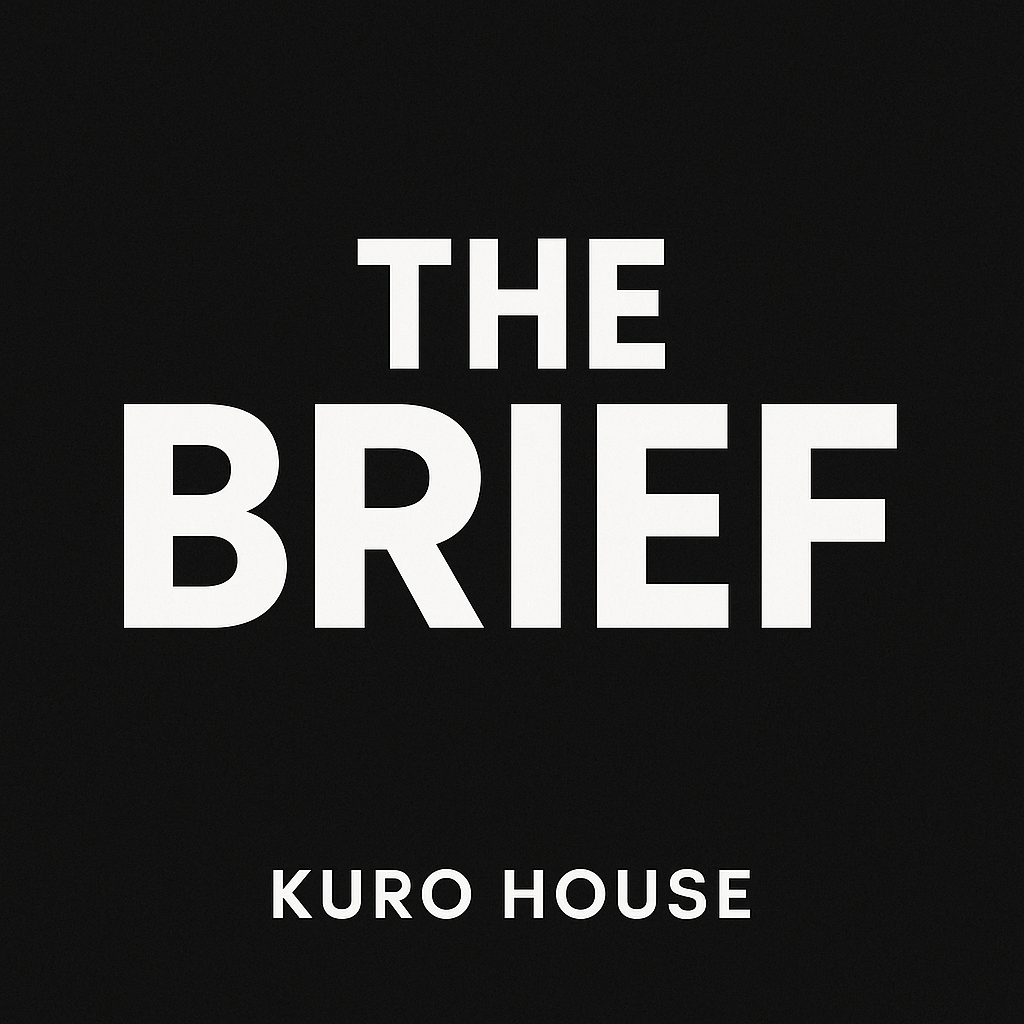Listen To The Show
Transcript
Welcome to The Prompt by Kuro House, your daily AI update. Today, we’re diving into some big moves in AI, from streaming giants to browser battles and creator protections. Let’s get right into it.
Netflix is going all in on generative AI, but with a clear focus on enhancing creativity, not replacing it. In their latest earnings report, Netflix’s CEO Ted Sarandos emphasized that AI will be a tool to make creatives more efficient, not a substitute for great storytelling. They’ve already used generative AI for special effects, like a collapsing building scene in “The Eternaut” and de-aging characters in “Happy Gilmore 2.” Netflix’s quarterly revenue grew 17% year-over-year to $11.5 billion, though it fell short of forecasts, showing that AI’s role is supportive rather than transformative—at least for now. This story comes from TechCrunch, highlighting how Netflix is balancing innovation with artist concerns in the entertainment industry.
LangChain, the open source framework for building AI agents, just hit a $1.25 billion valuation after raising $125 million in fresh funding. Founded in 2022 by Harrison Chase, LangChain has become a go-to platform for developers looking to build apps that integrate with large language models. The company also launched updates to its major products, including LangGraph for orchestration and LangSmith for testing and observability. With 118,000 stars on GitHub, LangChain remains hugely popular among open source developers. This exciting update was reported by TechCrunch, marking a major milestone for open source AI tools.
OpenAI just launched ChatGPT Atlas, an AI-powered web browser that’s available globally on macOS starting today. This browser integrates ChatGPT directly, offering features like a split-screen view with AI-generated summaries and a new agent mode that can take actions for you. For example, Atlas can help book reservations, edit documents, and personalize your browsing experience by remembering your past searches. Access to agent mode is currently limited to ChatGPT Plus and Pro users, with Windows and mobile versions coming soon. The Verge covered this launch, noting how OpenAI is taking direct aim at Google Chrome in the AI browser wars.
YouTube is rolling out a new AI “likeness detection” tool to help creators spot and report unauthorized deepfake videos using their faces. Creators in YouTube’s Partner Program can now review flagged videos in YouTube Studio and request removal of AI-generated impersonations. This tool is still in development and might sometimes flag genuine videos, but it’s a big step toward protecting creators from synthetic content at scale. YouTube originally announced this last year and has been testing it with top talent agencies. The Verge provided a detailed look at this feature, which complements YouTube’s existing policies around AI-generated music and content labeling.
WIRED also reported on OpenAI’s Atlas browser, highlighting its bold attempt to reinvent web browsing by putting AI front and center. Unlike traditional browsers where search results are links with AI features added, Atlas leads with a chatbot-style answer and offers links as secondary. The browser includes a memory feature that recalls your past interactions, helping automate routines and suggest relevant content. While still early, this marks OpenAI’s first standalone browser and a fresh take on how AI can reshape internet use. It’s a clear sign that the AI browser wars are just heating up.
So, what does all this mean for us? From Netflix’s creative embrace of AI to OpenAI’s bold browser innovation and YouTube’s creator protections, AI is weaving deeper into our digital lives. As these technologies evolve, the balance between innovation, ethics, and user experience will be key. Thanks for tuning in to The Prompt by Kuro House. Catch you tomorrow for more AI news.

